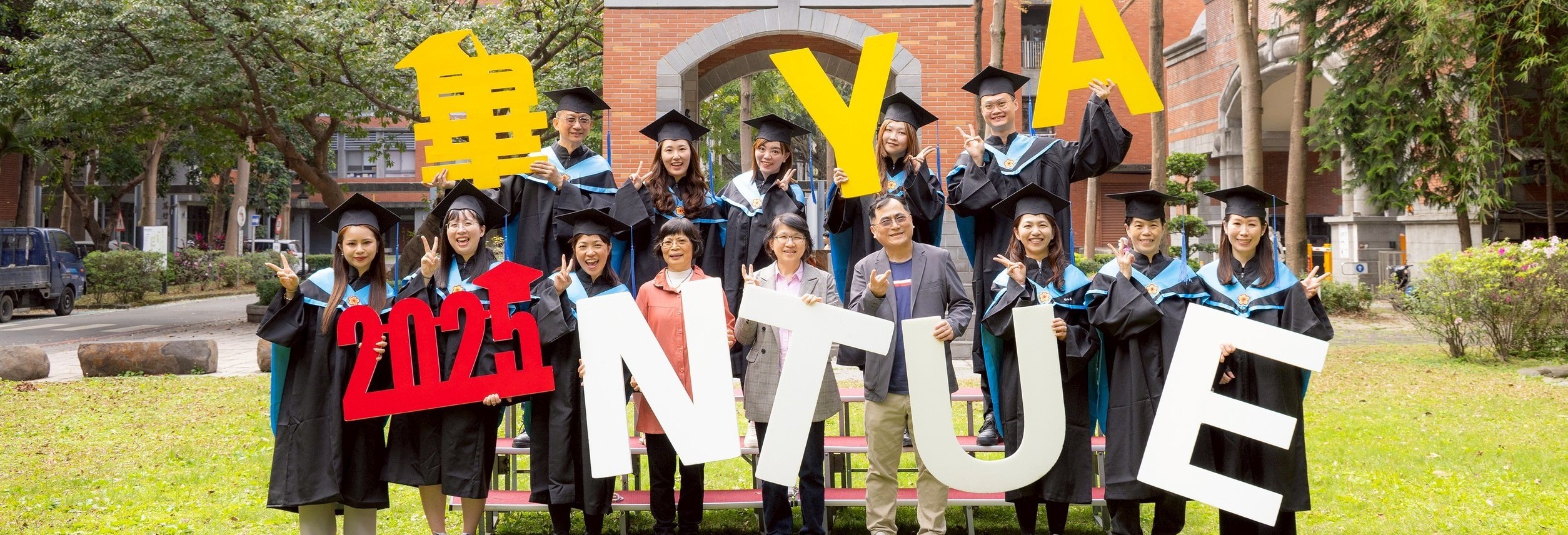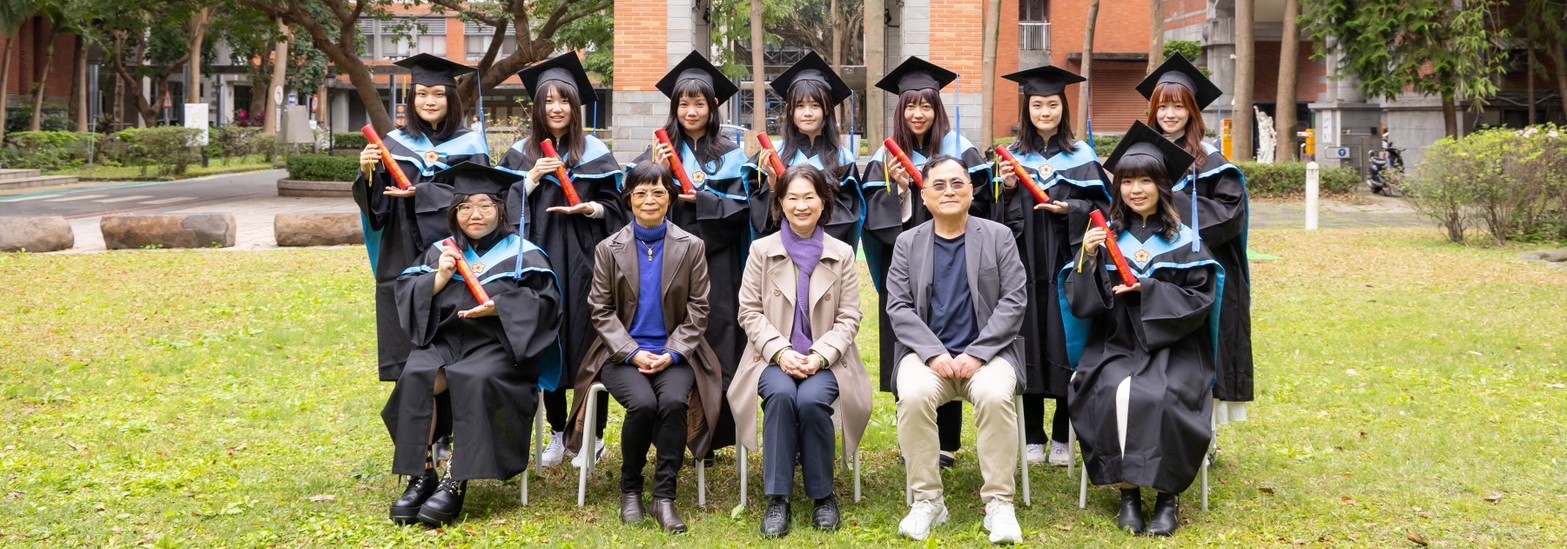View count:
51358
ci
About the Master of Arts in Curriculum and InstructionⅠ. Introduction
The Master of Arts in Curriculum and Instruction degree program was established in the academic year 1996 after the Graduate Institute of Curriculum and Instruction was founded in 1995.
II. Educational Goals
This program aims mainly to cultivate researchers and practitioners in curriculum design, instructional methods, and learning assessment. It also aims to develop educational experts in curriculum and instructional leadership and management at the basic education level. The specific objectives include the following.
- To gain foundational knowledge in curriculum and instruction and be competent to design curriculum and apply various instructional strategies.
- To develop proficiency in research methods related to curriculum and instruction and competence in academic writing.
- To be critical and reflective on issues related to curriculum and instruction.
- To develop competence in modern curriculum leadership and management.
- To gain knowledge of contemporary trends and policy developments in curriculum and instruction.
- To gain knowledge of the trends in curriculum and instructional theories and approaches to practice.
The Master of Arts in Curriculum and Instruction degree program focuses on curriculum and instructional theories, curriculum development, curriculum reform, instructional methods, learning assessment, and teacher professional development in all subject areas at the basic education level. The Master’s Program is designed to integrate educational expertise with practical work. The design principles include the following:
- Focusing on teachers’ professional and lifelong development and seeing teachers as researchers.
- Incorporating contemporary curriculum trends and policy developments.
- Strengthening research methods and theoretical foundations.
- Professional expertise in curriculum and instructional design.
- High-level thinking and teamwork skills in planning and executing learning projects.
- Ability to apply appropriate research methods to solve problems.
- Reflective and innovative capabilities in designing curriculum and instructional projects.
- Concern about educational issues and recognition of the value of education work.
- Emphasize foundational theories and applied research in curriculum and instruction.
- Explore significant trends and issues in curriculum and instruction.
- Integrate theory and practice to assist the development of school curriculum, instruction, and teacher professionalism.
- Foster expertise in curriculum development and design and instructional methods for social institutions or enterprises.
- Enhance the exchange of research resources between different institutes and schools to establish a foundation for academic communication.
- Strengthen comparative research on curriculum and instruction across different countries to promote international academic exchange and collaboration.
The curriculum is organized into five significant areas: Curriculum and Instruction Foundations, Theoretical Foundations, Research Methodology, Curriculum Research, and Instructional Research. Students must complete the required credits based on the curriculum framework of the admission year.
VII. Graduation Requirements
The Master’s Program allows 2 to 4 years of study, and students must complete at least 30 credits of courses. Students must complete the "Guided Research" course before applying for the thesis proposal defense and complete one master’s thesis. Before graduation, students should fulfill the requirements of the learning passport system, such as participation in academic activities or presentations of research papers.
VIII. Vision
Dedication to professionalism, advancement, practice, and innovation
IX. Career Paths
- Research in Educational Research Institutions
- Research and Development at Educational Material Development Institutions
- Teaching and Administration in Primary and Secondary Schools
- Civil Service
- Research and Scholarship
Graduates from this program not only master research methods in curriculum and instruction but also possess knowledge and skills for further academic research. They can advance their studies in curriculum and instruction or related fields and become educational professionals in curriculum and instruction.
























